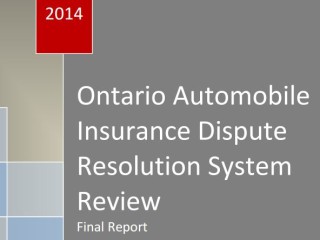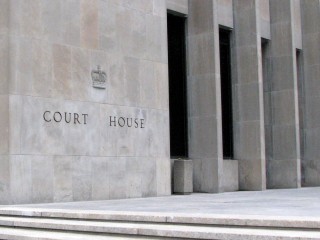Despite serving the co-defendant to the point of intoxication and breaching their obligations under the Liquor License Act, the Court found no liability on the part of the bar for damages sustained by the Plaintiff in an assault and battery.
Released January 31, 2017 | Full Decision [CanLII]
The Plaintiffs sued for damages claimed to have been suffered by them arising from an assault and battery which they alleged the Defendant Clark committed on them in the Post-Time Bar and Grill.
The Statement of Claim framed the Plaintiffs’ claims as against Clark on the basis of the intentional tort of assault and battery, and against Post-Time in negligence, including an allegation that it failed to ensure that Clark was not over-served with alcoholic beverages and that it failed to prevent Clark from becoming intoxicated to the point that he became a danger to them. The claim also alleged that Post-Time refused or neglected to comply with s39 of the Liquor Licence Act. The Plaintiffs relied upon what they characterized as two separate bases of liability as against Post-Time, the first being common law negligence, and the second being breach of statutory duty under s. 39 of the Liquor Licence Act.
Based on the evidence, the Court found Clark to be “heavily intoxicated” at the time of the altercation with the Plaintiffs, having consumed at least 7-8 beers (2 or 3 prior to his arrival at Post-Time and 5 beers while there). The Court also found that Clark was not intoxicated upon his arrival at Post-Time, but became intoxicated as a result of the alcohol he was served at the bar. The Court concluded the staff at Post-Time served Clark to the point of intoxication or beyond and therefore were in breach of their obligations under the Liquor Licence Act.
However, despite these findings, on the authority of Stewart v. Pettie, the Court indicated that intoxication by itself is insufficient to give rise to liability on the part of the Post-Time. There must also exist a foreseeable risk of harm arising out of Clark being over-served so as to require the establishment to take steps to protect the Plaintiffs. At paragraph 118, the Court said:
“The Plaintiffs in this case acknowledge that there is no evidence that the staff at Post-Time knew or should have known of any propensity or inclination on Clark’s part to become violent or a risk to other patrons in the bar should he become intoxicated. To put it in the terms expressed in Wandy[1], there was nothing in Clarke’s conduct, prior to the altercation with Baron that should have caused the staff of Post-Time to be concerned for the safety of its other patrons, including the plaintiffs. I also find, as did the trial judge in Wandy, that there was insufficient time between when the verbal altercation commenced between Baron and Clark and when Clark pushed or jumped on Baron, forcing him to the floor, for the bar staff to have intervened.”
Lastly, it was held there is no functional differences, on the facts of this case, between the analysis related to the foreseeability at common law and under s.39 of the Liquor Licence Act. Held: no liability on Post-Time.
Read the Full Decision on CanLII
[1] Wandy v. River Valley Ventures Inc. 2014 SKCA 243













